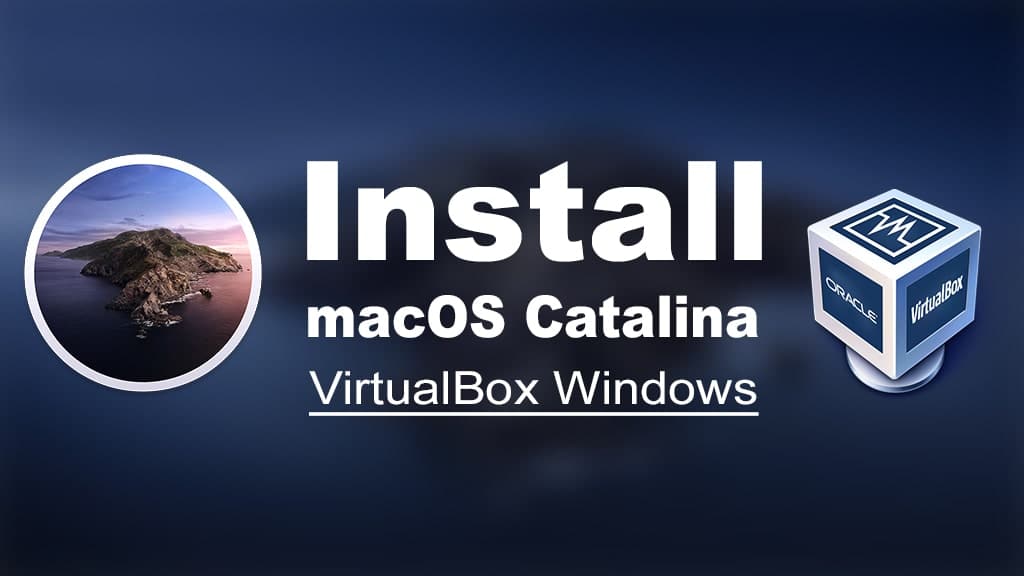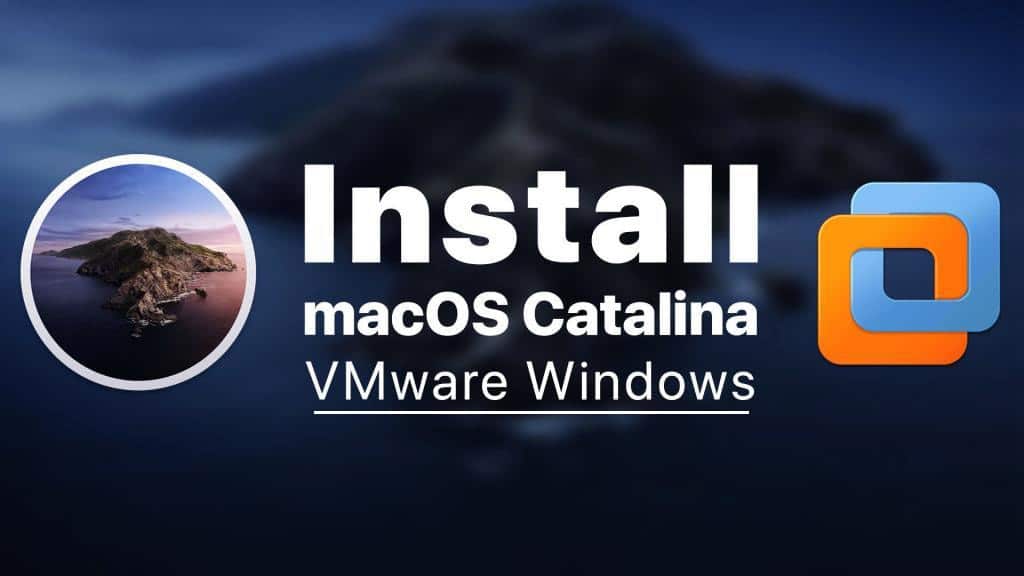In the bustling economic landscape of Massachusetts, a quiet yet profound transformation is taking place. Businesses across the state are increasingly turning towards an employee-owned model, a shift that’s changing the way companies operate and how employees perceive their work and contributions.
I’ve closely observed this trend as someone deeply interested in innovative business models and workplace dynamics. The rise of employee-owned businesses in Massachusetts is a testament to the power of shared ownership in creating more inclusive, motivated, and resilient work environments.
Table of Contents
Understanding the Employee-Owned Business Model
Employee-owned businesses are companies where the workforce owns significant shares, often through stock ownership plans. This model is gaining traction for its ability to align the interests of employees with those of the business, leading to enhanced productivity, better job satisfaction, and a more substantial commitment to the company’s success.
Expert Insights on Employee Ownership:
To understand how employee ownership works and how firms like Price Bailey can facilitate this transition, explore Price Bailey’s insights on employee-owned business. This resource provides a comprehensive view of the structural and financial aspects of transitioning to an employee-owned model, drawing from Price Bailey’s expertise in this area.
Key Features of Employee Ownership:
- Employee Stock Ownership Plans (ESOPs): ESOPs are common vehicles for employee ownership, providing workers with stock as part of their remuneration.
- Shared Decision-Making: Employees have a say in key business decisions, fostering a more democratic workplace.
- Financial Incentives: Employee owners stand to gain directly from the company’s success, creating a powerful incentive for enhanced performance.
The Rise in Massachusetts

With its diverse economy and progressive business culture, Massachusetts has become a fertile ground for employee-owned businesses. Companies across various sectors, from manufacturing to services, embrace this model.
Factors Driving the Trend:
- Economic Resilience: Employee-owned companies often show greater resilience during economic downturns.
- Succession Planning: For many business owners looking to retire, transitioning to an employee-owned model offers a sustainable way to preserve their legacy while empowering their workforce.
- Innovative Culture: Massachusetts’ strong culture of innovation and entrepreneurship supports adopting non-traditional business models.
Impact on Employees and Communities
The benefits of employee ownership extend beyond the balance sheet. They touch the lives of employees and reverberate throughout the community.
- Empowerment and Engagement: Employees in an ownership role are more engaged and invested in their work, leading to higher job satisfaction and lower turnover rates.
- Economic Equality: Employee ownership can reduce income inequality, as a broader base shares profits.
- Community Investment: Employee-owned businesses are more likely to be rooted in their communities, supporting local economies and social initiatives.
Success Stories from Massachusetts
- King Arthur Baking Company: Based in Norwich, Vermont, with a significant presence in Massachusetts, this 100% employee-owned company is known for its high-quality baking products and strong company culture.
- Harpoon Brewery: One of the most popular breweries in Massachusetts, Harpoon became employee-owned in 2014. Since then, it has seen enhanced employee engagement and growth.
- South Mountain Company: A design and building firm in Martha’s Vineyard, this company has been employee-owned since 1987, demonstrating long-term success and sustainability.
Challenges and Considerations

While the benefits are clear, transitioning to employee ownership is challenging.
- Financial and Legal Complexity: Setting up an ESOP or similar plan can be complex and costly.
- Cultural Shift: Shifting to an employee-owned model requires a cultural change, which can be challenging for both management and staff.
- Long-Term Commitment: Employee ownership requires a long-term vision and stakeholder commitment.
Conclusion
The rise of employee-owned businesses in Massachusetts is a heartening trend, showcasing a shift towards more inclusive and sustainable business practices. As an observer and advocate of innovative workplace models, I find the growth of employee ownership in Massachusetts both inspiring and instructive. It points towards a future where businesses are not just profit-driven entities but collaborative communities where success is shared, and every member is empowered to contribute to their fullest potential. This movement, gaining momentum in Massachusetts, could well be a blueprint for the future of business across the globe.















